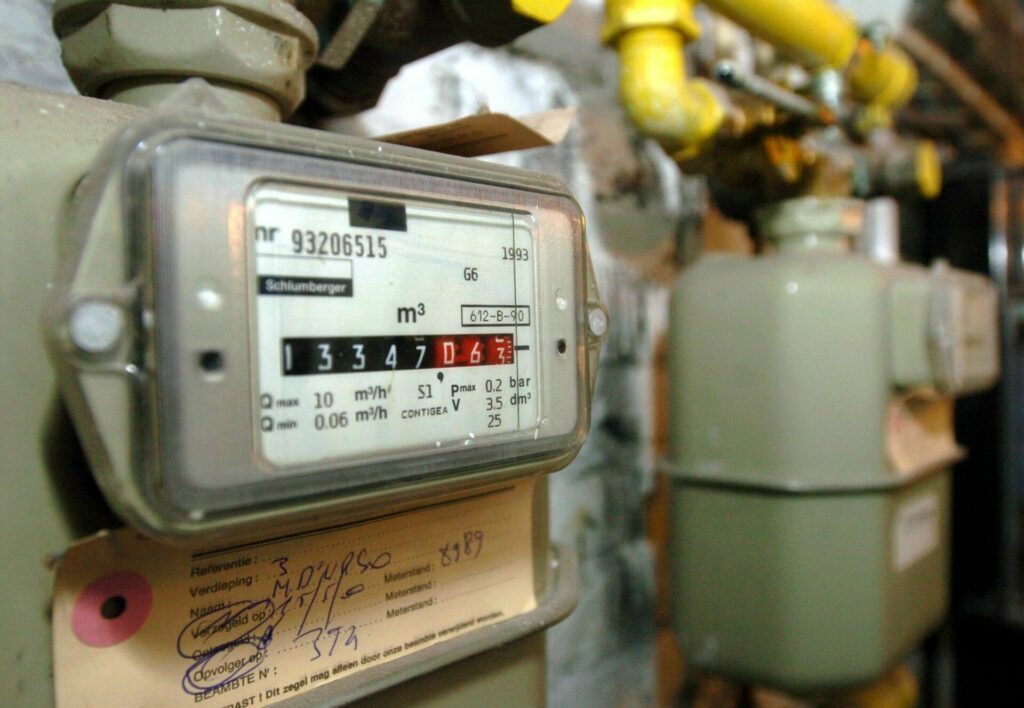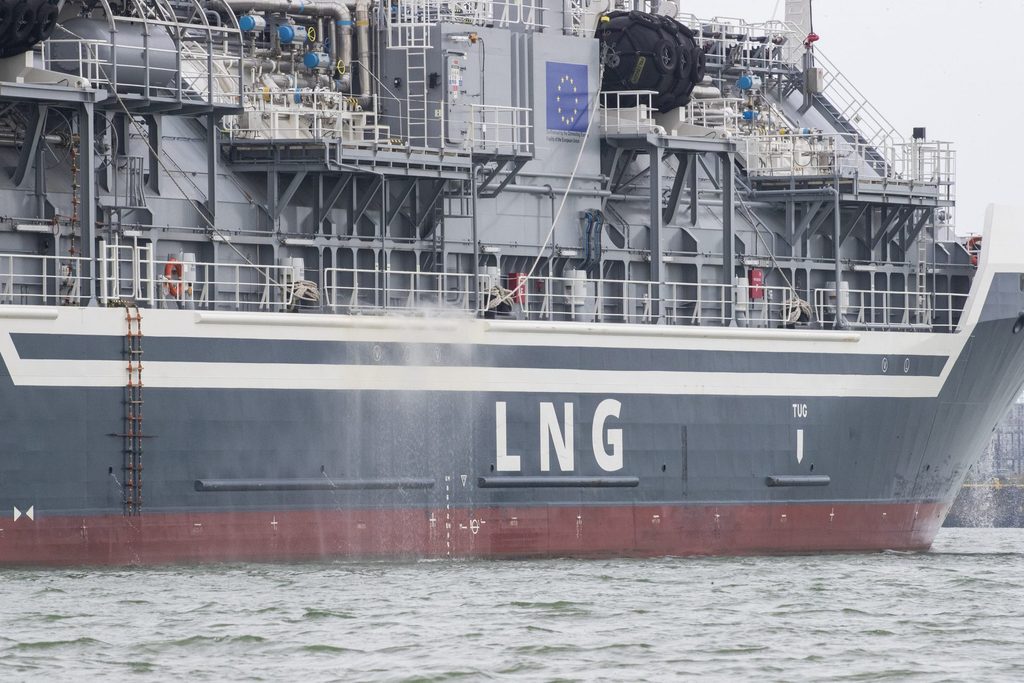Belgium's gas consumption fell by far more than the European average last year despite relatively high household demand, a recent study has found.
According to a report by Bruegel, a Brussels-based think tank, average gas demand in the EU in 2022 decreased by 12% compared to the annual average over the period 2019-2021. In Belgium, demand fell by 16%.
Belgium's better-than-average performance was largely due to significant reductions in industry demand. Belgian industry recorded a 19% decline in gas consumption last year: four percentage points higher than the EU average. By contrast, Belgium posted a reduction in household consumption 1 percentage point lower than the rest of the EU (14% vs 15%).
The report also found that these trends have continued – and to some extent have amplified – into 2023. In this year's most recent quarter (i.e. over the months of April to June), the Belgian industry again registered a decrease in gas demand above the EU average (23% vs 21%). However, household demand in Belgium fell by only half as much compared to the rest of the EU (12% to 21%).
'A challenge for companies'
Speaking to l'Echo, Ben McWilliams, one of the study's authors, explained that Europe's fall in gas demand is largely a consequence of high energy prices catalysed by Russia's full-scale invasion of Ukraine in February last year.
"The biggest part of the reduction in gas demand is explained by the high prices of the last 18 months, which have encouraged short-term alternatives, and in the longer-term investments in alternatives that structurally reduce demand, such as domestic heat pumps," he said.
McWilliams also predicted that, with Europe continuing to reduce its dependence on Russian energy, prices are unlikely to fall any time soon. Nevertheless, he remained optimistic about the continent's prospects for surviving this coming winter.
"We are no longer facing the same acute crisis as we were a year ago," he said. "A disaster scenario with, for example, a very cold winter both in Europe and in Asia or North America and interruptions in global LNG [liquefied natural gas] supplies can always lead to shortages, but is very unlikely."

Credit: Belga
McWilliams' positive assessment, however, contrasts markedly with the forecasts of many other analysts. Earlier this year, International Energy Agency (IEA) Executive Director Fatih Birol warned that Europe could face energy shortages this winter as a result of China consuming most the world's additional supply of LNG.
"Even though we have enough LNG import terminals, there may not be enough gas to import and therefore it will not be easy this coming winter for Europe," said Birol, in comments that were subsequently reported by Reuters. "It is not right to be relaxed, it is not right to celebrate now."
Perhaps even more worryingly, another study published earlier this year by the IEA found that European industry's fall in energy consumption over the past year was most likely a consequence of an overall decline in production rather than any major increases in energy efficiency.
The report also noted a "staggering" 6% year-on-year decline in electricity demand across Europe in the first half of 2023, which suggests that the continent's "energy-intensive industries have not yet recovered from last year's production slump."

